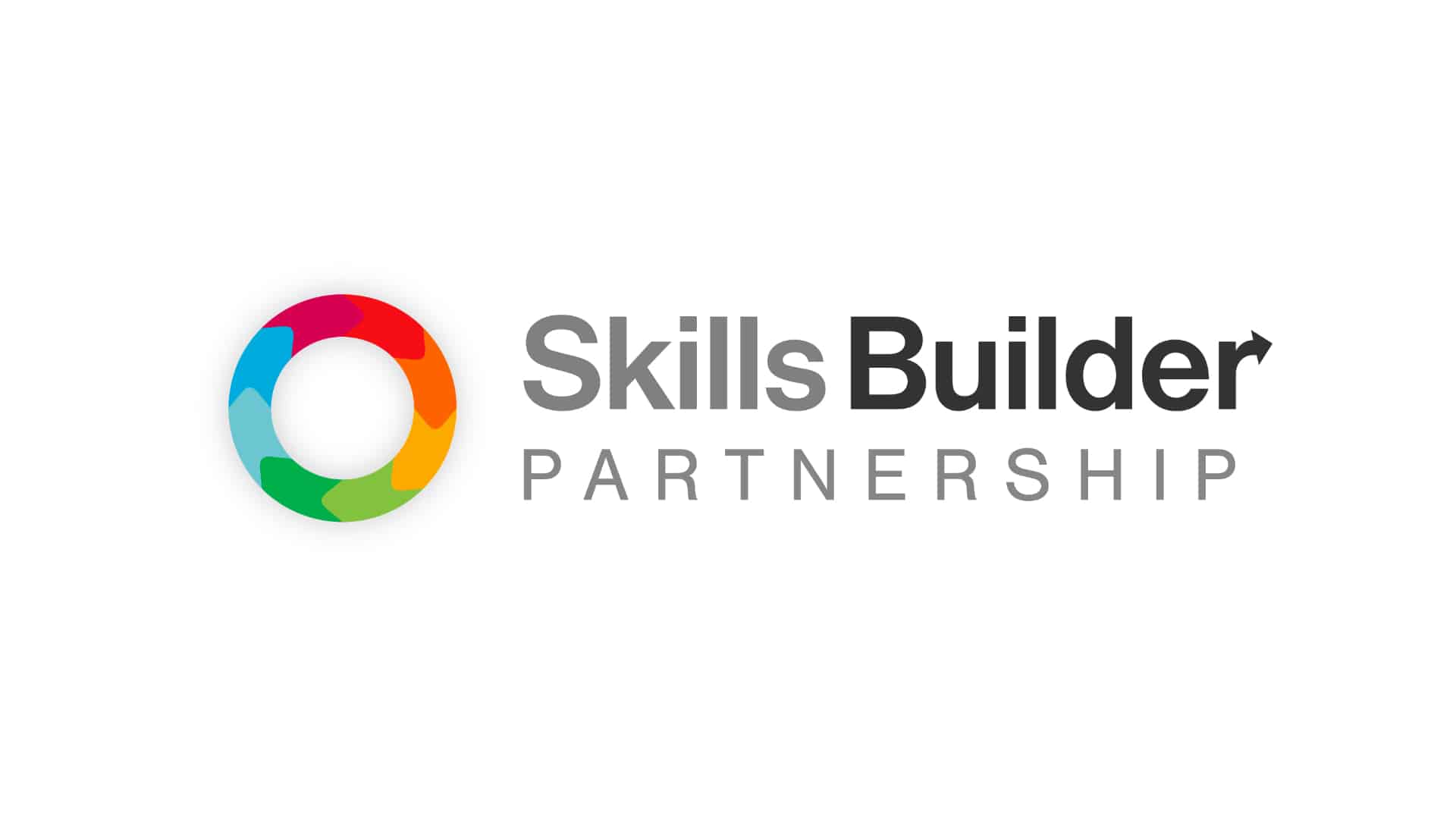As we move into the second year of our work at the Foundation for Education Development (FED) and following the launch of the FED National Education Consultation Report, we hosted a roundtable discussion seeking to answer the theme ‘Building a Skills Continuum: How can we build a continuum of skills and creativity from early years to post-16?’
We asked Tom Ravenscroft, Founder and CEO of the Skills Builder Partnership, to write a think piece on his input in this roundtable discussion. Tom highlights that ‘we need conscious, deliberate practice using the steps as a road map to support progression’.
In this roundtable discussion we also had important contributions from, Kate Gillingham, Head of UK & Ireland Government and Public Affairs at The LEGO Group and from David Gallagher, CEO of NCFE, who identified the ‘Creating the foundations’ – why skills matter from a young age’ and 10 next steps, respectively, to help shape our thinking about what is needed in a long-term vision and plan for education.
Building a Skills Continuum: the Skills Builder model
When we think about a long-term plan for education, we need to get the balance right: of course, a strong foundation of knowledge and understanding is critical. Just as important is developing positive attitudes or character – how individuals make choices – and, critically, then having the skills to realise a goal.
Over the last decade, at the Skills Builder Partnership we’ve been grappling with the question of how can we build essential skills across the lifetime of an individual? And, crucially, to do so in a way that is as grounded and rigorous as our approach to knowledge?
We define essential skills as those highly transferable skills which we need to complete almost any job, and which support the application of technical knowledge and skills. The eight skills we focus on are: listening, speaking, problem solving, creativity, aiming high, staying positive, leadership, and teamwork.
For these essential skills, continuity is particularly important because these are complex skills to master. That complexity is often disguised by their miscasting as ‘being able to get on with people’ or ‘being able to figure stuff out’ – labels which belittle the sophistication of the underlying concepts, and the nuance with which those skills have to be applied to the specific context.
The Skills Builder Framework, designed in partnership with organisations including the CIPD, the CBI, the Careers & Enterprise Company, Business in the Community and Gatsby Foundation, works to break down these broad skills into specific steps. Each of the eight skills is broken into sixteen steps ranging from an absolute beginner (say, a 4 year-old child) through to mastery (maybe an experienced senior manager).
In this way, Teamwork works through simple steps like being able to behave appropriately around others, through taking responsibility, understanding and respecting diversity, contributing to group decision making, resolving conflict, influencing by suggesting improvements, and mobilising external relationships.
When we see steps, it is clear that naively just using the skill is insufficient to reach mastery – instead, we need conscious, deliberate practice using the steps as a road map to support progression. In this way, we really can extend that continuum of skills development right back into nursery schools, and all the way through education, into employment and through individuals’ careers.
That is exactly what is happening across the 800 members of the Skills Builder Partnership – including primary and secondary schools, colleges, universities, and alternative settings, as well as impact organisations and businesses. By all using the Skills Builder model, we are together supporting more than 1.4 million individuals to build the essential skills to thrive, across their whole lives. By embracing that continuum across our education system, we can do better still and make this the norm for every child and young person.



